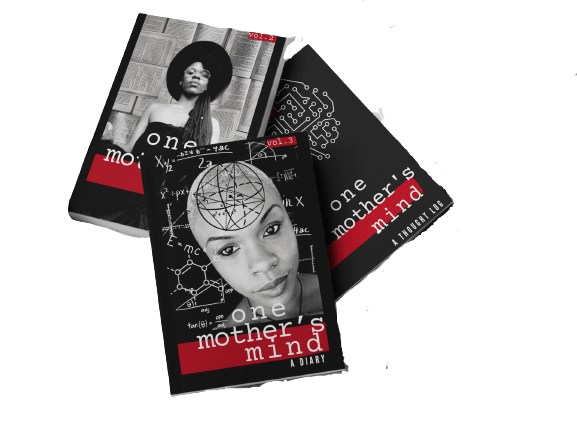- Once Upon A Mind
- Posts
- #1: prologue.
#1: prologue.
Every story has to start somewhere.
How will I be remembered?
How do I want to be remembered?
Who do I want to remember me?
These questions became the crux of my personal writing even before discovering them on Duke University’s Center for Documentary Studies.
The inaugural program invited artists and curators to collaborate in an effort to shift "the historic authorship of society’s long memory of BIPOC life [from being] fixed within, for, and by the colonial and white gaze."
I eagerly applied for the opportunity. Although I wasn't selected as a fellow, two questions featured in the application have become the impetus for the work I am currently doing.
The first is:
Once we wrest the power to author our own stories, who will we speak to?
The 'we' being referred to are BIPOC, and indeed, we do find ourselves at an unprecedented time in history. There are no gatekeepers dictating worthiness of publishing, and the power to author our own stories wrests entirely in our hands. Considering how contributions of Black women in particular have historically been exploited or entirely erased from public record, self-publishing presents an opportunity for BIPOC mothers to assert literal authority over our personal and familial narratives.
Doing so answers the question posed above; it will make it possible for BIPOC descendants to access their ancestral history, and improbable for that narrative to be overwritten by anyone other than the person who produced it.
The second question in the DocX Initiative that has shaped my work is:
What could manifest when we repurpose, reimagine, and rewrite the documentation of who we are?

Collectively, the above two questions are the foundational 'whys' of my soul-stirring mission to encourage, equip, and empower mothers to capture their stories. I know well enough that the best way to do this is by courageously + generously sharing my own.